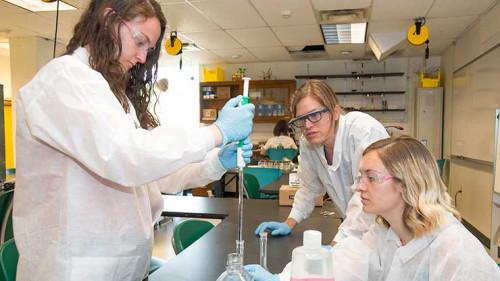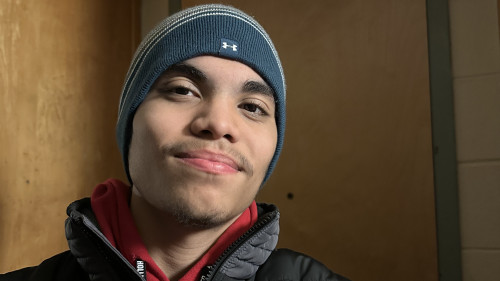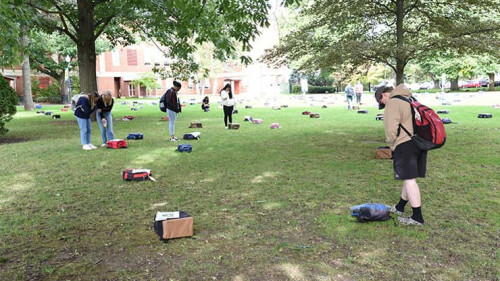
By Mary Barrett '14
Since being elected pope last March, Jorge Maria Bergoglio, now known the world over as Francis, has been making people reconsider their perceptions of the leader of the Catholic Church.
Francis is a man of firsts. He is the first Latin American pope, hailing from Argentina and for 15 years serving as Archbishop of Buenos Aires. The 76-year-old is also the first Jesuit pope and first pope to take the name Francis, after St. Francis of Assisi.
Pope Francis was named “Person of the Year” by “Time” and by the influential LGBT news magazine, “The Advocate.” He interacts with the public via Twitter, often departs from his prepared remarks to speak off the cuff and is remarkably frank in interviews with journalists. But does all that make Pope Francis the people’s pope?
That was the question Siena College President Fr. Kevin Mullen ’75, O.F.M., Ph.D. and Professor of Religious Studies Tom Dickens, Ph.D. analyzed during a colloquium titled “Pope Francis: The People’s Pope? A Look Back at his First Year.” The colloquium, which was sponsored by the Religious Studies Department and the Franciscan Center for Catholic Studies, discussed various aspects of Francis’ actions since he replaced Pope Benedict XVI about a year ago.
Mullen and Dickens agreed that Pope Francis has captured the imagination of millions of people across the globe.
Reflecting on his leadership style, Mullen explained that Pope Francis is not afraid to take risks, adding that the pope seems to be a fellow human being who is spiritual, compassionate and wise with a wisdom based not only on religious tradition, but on his own personal experience and example. According to Mullen, Pope Francis demonstrates his humanity by turning down the trappings of his position, choosing instead to live a more ordinary life. For example, Pope Francis makes his residence in a humble apartment, not the papal palace and drives a Ford Focus instead of the Vatican’s Mercedes.
Dickens spoke about the pope’s commitment to social justice, his desire to create a culture of encounter and his insistence that the church and society must accompany the poor. He explained that Pope Francis believes that we can learn from others and be corrected by them. He also talked about the Pope’s willingness to embrace everybody and to try to reduce suffering in all its forms.
“He has a willingness to encounter the sick, poor, and migrants and he is not afraid to express this,” said Mullen, who added that Pope Francis has captivated the world, especially its youth.
The students who attended the colloquium seemed to agree. “It was interesting for me to see how Pope Francis’ goals closely align with those of Siena College. As a young person I am hopeful to see what our new Pope has to offer,” said Caroline Bertholf ’15.
After the formal presentations were over, those who had come were able to ask questions and comment on their own feelings about the Pope who, if nothing else, has certainly captured their attention.

